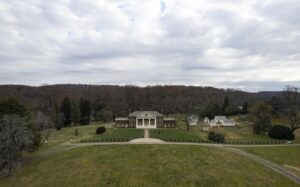
In Support of Montpelier Descendants Committee
In the spirit of truth-telling and inclusive representation, the Middle Passage Ceremonies and Port Markers Project (MPCPMP) supports the Montpelier Descendants Committee (MDC). Montpelier is a model for the inclusion of descendants of the enslaved and an affirmation of their parity to exercise decision-making at many of the iconic U.S. historical sites where ancestors lived in bondage. With the support of staff and others, the national rubric for the interpretation Read More


